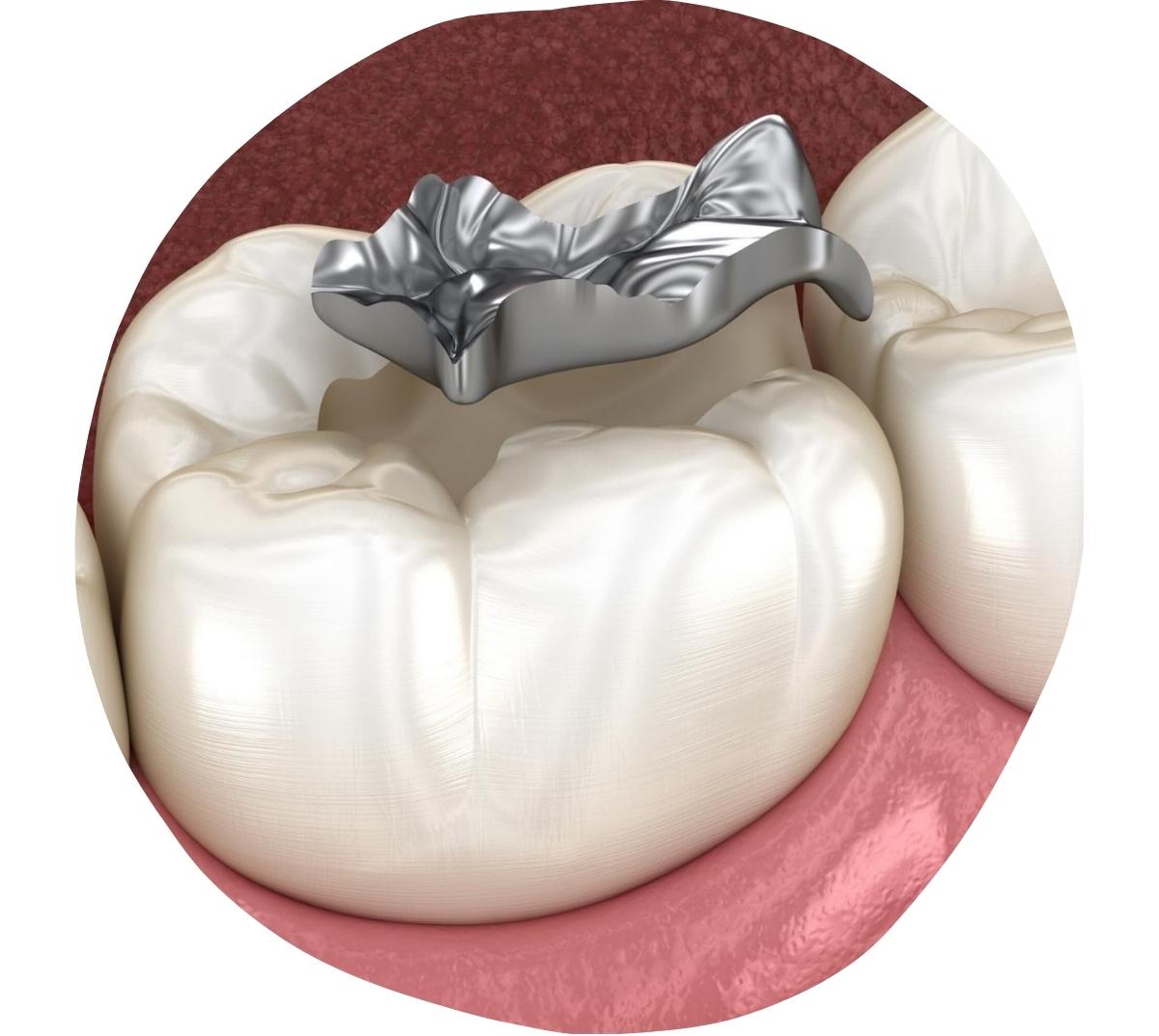AddressShop MB2, Westfield Mount Druitt, Cnr Luxford Rd & Carlisle Ave, Mount Druitt
Recent Posts
05/04/2023How to Find a Local Plumpton Dentist?
Archives
- April 2023 (6)
- April 2022 (7)
- March 2022 (10)
Categories
Recent Comments
No comments to show.

If you’re looking for a new set of dentures in Mount Druitt you’ll be pleased to know that new technology and dental know-how have given dentures a more natural appearance and they are now more comfortable than ever.
We can make your denture fit snugly in your mouth cavity at our affordable dentures clinic in Mount Druitt.

Commonly referred to as false teeth, dentures are prosthetic teeth designed to replace missing or diseased teeth.
Just like natural teeth, a denture provides support to your lips and cheeks while helping you to chew your food and speak clearly. As such, having a set of dentures not only helps you chew, it restores the appearance and function of healthy teeth, while improving your overall facial appearance.
We offer a variety of prosthetic solutions to choose from. Depending on your specific needs, you can select from our range of full, partial or implant-retained dentures in Mount Druitt. You have the further option of choosing between a fixed or removable type of denture.
A partial denture replaces either one lost tooth or a group of teeth on the upper or lower jaw. They attach to the remaining teeth with either metal clasps or – the more expensive option – precision attachments. The latter are more aesthetically pleasing as they’re nearly invisible. Your dentist will be happy to give you all the advice you need in order to choose which option is better for you. The dentist may also recommend crowns on your natural teeth as they improve the fit of your partial dentures.
A full denture is a total replacement for either the upper or lower teeth, or both. Any remaining teeth are removed and gum tissue is allowed to undergo preliminary healing before the dentures are placed in the mouth.
Overdentures are a more stable solution than traditional dentures and they minimise the amount of bone loss that usually occurs with tooth loss; this helps preserve the facial structural integrity.
Unlike a traditional denture, overdentures utilise up-to-the-minute dental implants for more comfort, stability and durability. A number of implanted attachments are placed in the jaw then the overdentures are positioned securely in place. It means that they are still removable, making them easy to clean.
Your new full or partial dentures may feel awkward or bulky during the first few weeks until your mouth finally adapts. A little bit of practice is also required when putting your dentures in and taking them out. Before long, they will fit into place with relative ease. Follow the instructions from your dentist, and make sure you don’t force the denture into position by biting down, as that could bend or break the clasps.
Despite the wide use of dentures, there is a better alternative available for missing teeth which are dental implants. While the cost of implants is higher, the long term benefits outweigh the cost. Unlike dentures, implants maintain the amount of jaw bone over the long term.
Implants are advised for patients with poor bony ridge conditions, hyperactive gag reflex and sore areas of gum that become irritated when supporting a denture.
Please complete the form below and we’ll contact you as soon as we can to schedule your visit.
Efficiently enable enabled sources and cost effective products. Completely synthesize principle-centered information after ethical communities. Efficiently innovate open-source infrastructures via inexpensive materials.